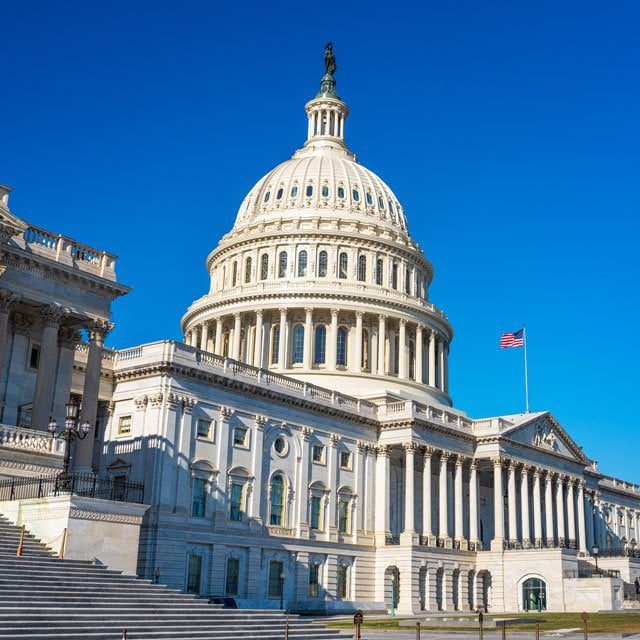New Bill Would Create U.S.-Run Retirement Accounts for Workers Without 401(k)s

Lawmakers introduced bipartisan legislation late Thursday, the Retirement Savings for Americans Act, which would create Roth IRA-style retirement accounts for workers without access to employer-sponsored retirement plans.
The bill “would establish a new program that gives eligible workers access to portable, tax-advantaged retirement savings accounts,” according to the bill’s sponsors. “It would also offer federal matching contributions for low- and middle-income workers, with the match beginning to phase out at median income.”
The bill was introduced by Sens. John Hickenlooper, D-Colo., and Thom Tillis, R-N.C., as well as Reps. Terri Sewell, D-Ala., and Lloyd Smucker, R-Pa.
The bill, as explained by the lawmakers, includes eight provisions:
Eligibility and auto enrollment: Full- and part-time workers who lack access to an employer-sponsored retirement plan would be eligible for an account, and they would be automatically enrolled at 3% of their income. They could choose to increase or decrease their withholding, or opt out at any time. Independent workers (including gig workers) would also be eligible.
Federal contribution: Low- and moderate-income workers would be eligible for a 1% automatic contribution (as long as they remain employed) and up to a 4% matching contribution via a refundable federal tax credit. This would begin to phase out at median income.
Portability: Accounts would remain attached to workers throughout their lifetimes, and workers would be able to stop and start contributions at will.
Private assets: The accounts would be the property of the worker and the assets could be passed down to future generations.
Investment options: Much like the current Thrift Savings Plan, participants would be given a menu of simple, low-fee investment options to choose from, including lifecycle funds tied to a worker’s estimated retirement date, or index funds made of stocks and bonds.
Teresa Ghilarducci, a labor economist at the New School who has advocated for the government to boost retirement savings, said in a statement that “too many Americans are struggling to meet their savings goals and secure a comfortable standard of living in retirement.”




